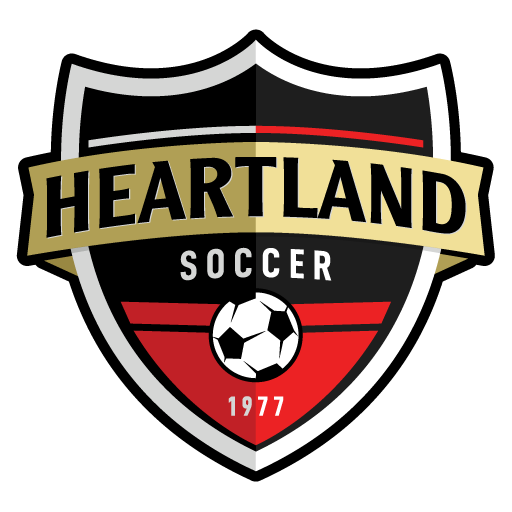Recovering from a concussion can mean being sidelined during sports. It can also affect a student’s school performance because it’s a type of brain injury.
All injured body parts take time to heal, even brains. After a concussion, your child needs physical and mental rest. Doing schoolwork and being in a classroom can make the symptoms of a concussion worse. This means the brain takes longer to heal, so a child might not do as well on tests or be able to return to sports as fast as he or she would like.
These are all reasons why you’ll want your child to follow your doctor’s instructions about what to do — and what not to do — while they recover. If your child’s treatment is to stay home and rest, do it. Having a concussion can affect a child at school in a number of ways:
- More tired than usual.
- Feel irritable, sad, or emotional.
- Trouble concentrating, thinking, or making decisions.
- Dizzy spells or headaches.
- Difficulty with coordination and balance.
- Trouble learning new concepts or remembering what you’ve learned.
All of these concussion symptoms can make it hard to do the things you need to do at school, like reading, writing, focusing, and even walking around campus.
Many teens who get concussions usually recover within 1-2 weeks, but others may take longer. But what if you have an important test or essay during that time?
Explaining the injury to teachers
Most teachers know about the healing process and will understand a student’s treatment plan. If your young athlete is diagnosed with a concussion and has been cleared by a doctor to go to school, tell the teachers about the injury. That way they’ll understand any difficulties your child might have in the classroom. Sometimes we recommend that the student has a light workload or reschedule tests.
Remind your student to tell his or her teacher if they experience any concussion symptoms at school, like headaches or dizzy spells. You also should let the school nurse and administrators know about your concussion in case your symptoms get worse or your child needs to go home.
The main thing is to avoid another head injury. Another head injury when you already have a concussion can lead to a condition called second-impact syndrome. Although very rare, second impact syndrome can cause lasting brain damage and even death. So you’ll want to avoid sports or rough play on the school grounds or in gym class.
To help your student focus better and keep any problems under control while at school, try these tips:
- Sit where she can focus. Choose a desk near the front of the classroom or in a spot where there is less distraction.
- Write down everything he needs to remember. Since his memory may not be back to normal, avoid stress by writing down homework assignments or things he needs to do.
- Ask if you can record the lesson. If your child has trouble listening and writing notes at the same time, find out if she can record what the teacher says with a phone or a voice recorder.
- If he starts noticing symptoms, like a headache or sensitivity to light, have him take a break before they have a chance to get worse. Go to the school nurse and find a quiet place to lie down and give your brain a rest.
- Ease back into things. Start off by doing one thing at a time and limiting her workload. Then gradually start doing more and being more active as she gets better.
HCA Midwest Health is the official healthcare provider for Heartland Soccer Association and we work with parents and coaches to keep athletes safe and on the field of play year round, learn more about our services at www.hcamidwest.com

